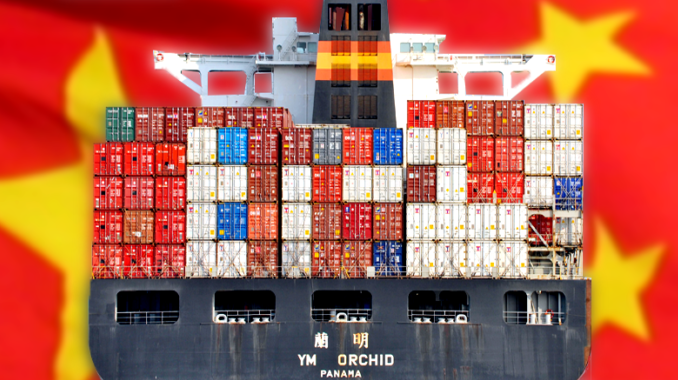
Responding to the Trump Administration’s decision to put Huawei on a trade blacklist on Thursday, Google has confirmed it is no longer going to provide operating system updates to the Chinese tech company. Reuters reported the development on Sunday, quoting a spokesman for Alphabet, Google’s parent company. It also stipulated the instances where updates would continue:
“For users of our services, Google Play and the security protections from Google Play Protect will continue to function on existing Huawei devices.”
“Huawei will only be able to use the public version of Android and will not be able to get access to proprietary apps and services from Google.”
Reuters
The Huawei blacklisting is the latest escalation in the US-China trade war, designed to put pressure on China to capitulate and accept US terms.
Instead, CBS reports that China has indicated that the trade talks have completely stalled.
Huawei is one of the world’s largest tech companies, and depriving its smartphones access to the Android system may be crippling. There have been widespread rumors that it has been developing its own operating system in anticipation of a potential split from Google, however. If they are prepared with such a release, the move risks doing severe damage to Google’s international sales – and American international tech dominance. China has already indicated it may be ahead of the United States in development of some aspects of 5G data transmission and artificial intelligence research.
China has demanded full details for all technology being manufactured in their country. A direct result has been the proliferation of imitations of that tech, with proprietary information often used by companies related to the Chinese government.
The theft of this information was seen as one of the reasons for the trade war. Public American demands have included that American companies no longer be required to provide tech data.
After the revelation of America spying on allies like Angela Merkel via her smartphone, and after the successful cyberattack on Iran’s centrifuges, China would need to believe it was more of a U.S. ally than Germany in order to reasonably trust American tech inside its borders. There has never been any indication that is the case; at best, China has been a competitor, at worst an adversary. The effort against forced tech transfers – providing data to Chinese officials which is then handed to Chinese businesses – has to lay in preventing the Chinese government from leaking the tech to their entrepreneurs, not in preventing the Chinese from seeing it in the first place.
Instead, in response to the trade war, China seems to be abandoning some of its efforts to harden copyright protections, such as the draft law reported by South China Morning Post in December. Reuters reports that EU companies are claiming tech transfers are becoming more expansive, and China, which recently was touting its new protections on proprietary information, is back to saying that the problem does not exist, according to CNBC.
